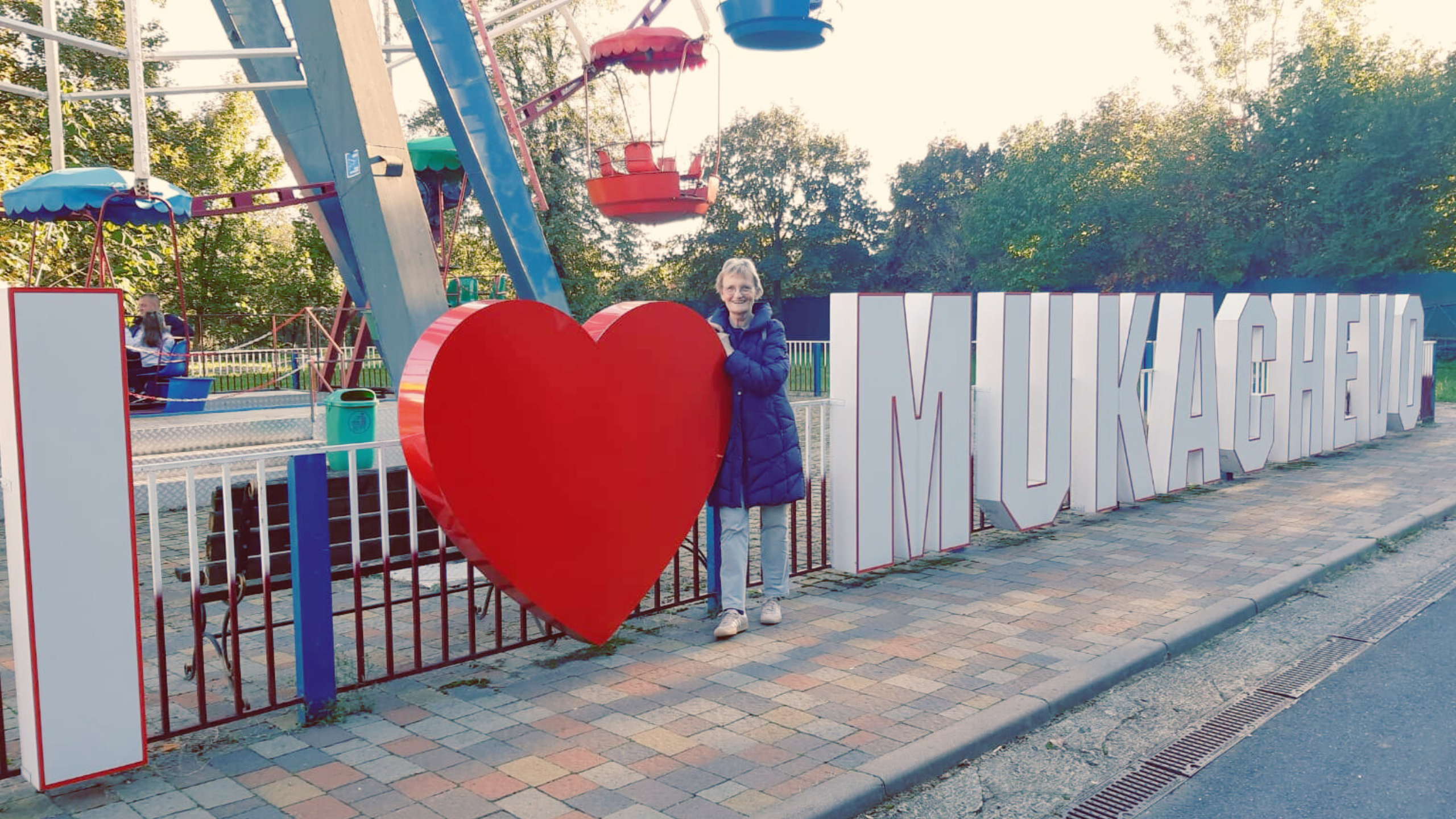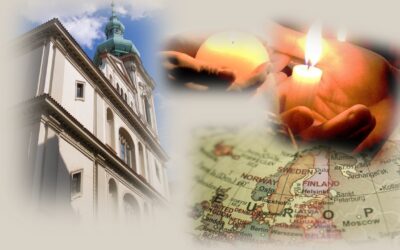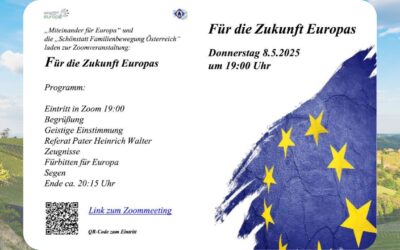The faith of the Ukrainian women
Mukacevo: I had never even heard of that town in western Ukraine when I arrived there in September 2024. It borders Hungary, Slovakia and Poland. I arrived there one fine September day, with the intention of supporting the small focolare community in this country tormented by war. Ukrainian friends had told me: ‘When the bombing of Kyiev started in 2022, the whole world was following us. Now the interest has waned and we are beginning to feel abandoned.’ This realisation – not without bitterness – set something in motion within me: Yes, I too want to give a sign of solidarity. As Pope Francis puts it: I want to make myself close to an experience that seems so far away from my life. My choice is facilitated by the fact, that I speak Russian – a language with which one can understand Ukrainians. I have decided, therefore, to make myself available for a certain period of time.
The airspace over Ukraine is closed. It took me two days to travel from Holland, where I live, to Mukacevo. When I arrived there, I had a totally new experience: air-raid warnings followed y bombardments, e.g. on the power station of Mukacevo. With each warning, people – consciously or unconsciously – fall into a ‘state of shock’. A friend came up with a drastic comparison to explain what happens on a psychological and spiritual level: ‘It is like unplugging a switched-on computer several times in a row. When you plug it back in, the system suffers. Our physical and mental health are severely rattled. In Ukraine we have been living like this for three years.’
I was strongly impressed by the women, many of whom nurture a solid faith in God. War meant that many men were at the front, wounded or dead. Others have fled and are hiding somewhere. The focolarine explained to me: “We stayed in Ukraine to share with the people an experience of God among us. He gives us the strength to resist”.
It is said that Ukrainians are very tenacious, and do not give up easily. I felt I can learn a lot from them. Oleksandra runs a family furniture business. Before the war it was a flourishing business; now, however, the men who used to work there have all been called for military service. This means that the income to support her family was no longer available. I was impressed by Oleksandra’s faith in God that helps her to face such a precarious situation with courage and creativity every day.
Irina is a woman like many others in Ukraine: her husband is at the front in the Donbass region. They often communicated by phone and he tells her many horrible things; nevertheless, he also tells her about the solidarity and hope among the soldiers. Although he does not identify with a specific religiosnl he too started to pray. “At the front”, he says, “there are no atheists. There are moments when everyone is praying”.
Tanja fled from an occupied city with her two daughters, aged 10 and 12, She hid them in the car among her suitcases. While queuing at a checkpoint, someone got out of the car and got shot, dying instantly. Tanja was terrified, but at that moment she was only thinking about pressing the accelerator in case she was hit so as to get her daughters to safety.
I only stayed a few months with these people. When I returned home to the Netherlands, I realised that something inside me had changed profoundly. The months spent in Ukraine taught me a ‘life lesson’: an unshakeable faith in God and the dignity of always being able to persevere, without any complaints. Indeed, it was Ukrainian women like Tanja, Irina and Oleksandra, who taught me with their lives that it is worth believing in a God who never abandons his people.
Beatriz Lauenroth
Photo: ©private









0 Comments